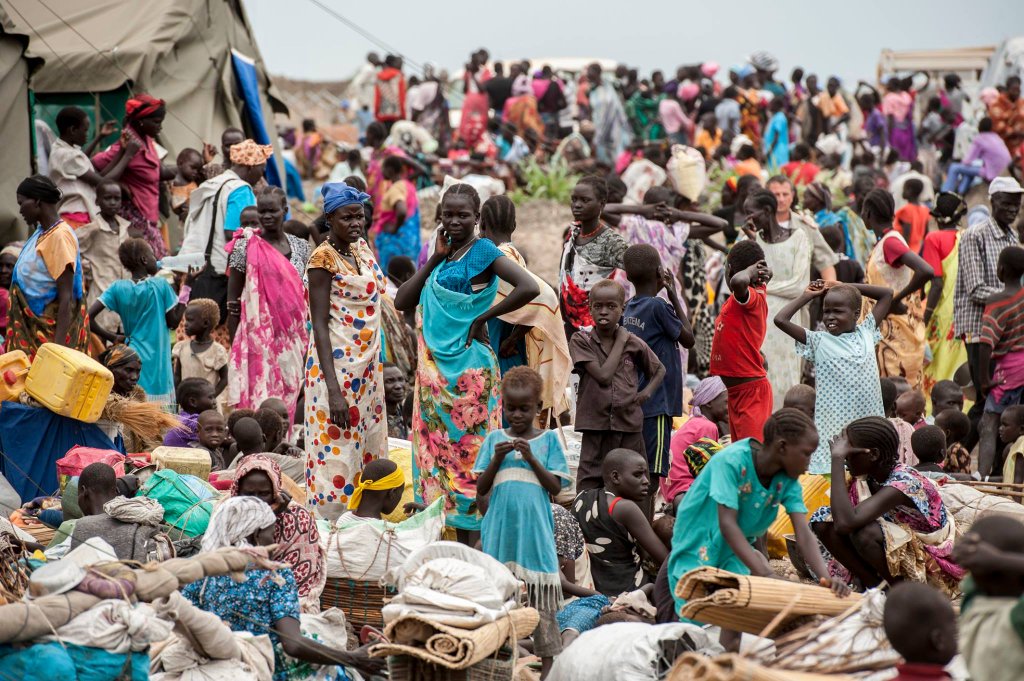

Six months after the Sudanese army reclaimed major cities from the Rapid Support Forces (RSF), fresh reports of grave human rights violations are emerging from across the country.
What was declared a military victory in January 2025 is now overshadowed by widespread abuses, largely driven by ethnic and racial discrimination.
In cities like Khartoum, Omdurman, and Wad Madani, civilians—especially from non-Arab ethnic groups—are reportedly facing extrajudicial killings, mass arrests, and home demolitions.
Human rights organizations say these acts are targeting groups such as the Zaghawa, Fur, and Masalit, many of whom are accused of supporting the RSF.
Wad Madani, which once served as a safe haven for thousands displaced by the war, has turned into a center of punishment.
Activists and journalists on the ground have documented scenes of arbitrary arrests and public executions.
According to the Emergency Lawyers group, verified footage shows evidence of ethnic massacres.
Rehab Mubarak, a senior member of the group, confirmed they have documented the names of at least 128 victims in Al-Jazirah state alone since January.
On June 25, local authorities began a demolition campaign in areas heavily populated by displaced families.
Officials claimed the move was part of an “urban planning” effort, but critics argue it was an act of ethnic cleansing in disguise.
The demolitions occurred during the rainy season, worsening the already dire conditions. Families were not offered compensation, advance notice, or relocation support.
Médecins Sans Frontières described the resulting humanitarian situation as “catastrophic.”
The United Nations reports that more than 46,000 people have been newly displaced in Al-Jazirah in just a few weeks. Hunger is now threatening 17 of Sudan’s states.
Adding to the crisis is a growing wave of incitement by groups calling themselves “indigenous communities.”
These groups have called for the expulsion of non-Arab residents and displaced persons, especially from Darfur.
Instead of facing crackdowns, their rhetoric appears to be influencing official decisions under the guise of administrative enforcement.
“This is more than just a set of violations,” said Sudanese media analyst Loay Al-Khatib. “It’s a return to old, dangerous narratives that once tore this country apart.”
Even the army’s traditional alliances are under strain. Some leaders from the Zaghawa and Masalit communities—previously loyal to the military—have begun speaking out.
They say their people are being treated as “second-class citizens,” despite their support during the conflict.
Reports of defections in North Darfur suggest the military coalition may be fracturing.
International organizations, including Justice International and the US State Department, have expressed alarm.
They are calling for an immediate end to ethnic targeting and are warning of a deepening humanitarian disaster. The war has already displaced more than 14 million people.
Domestically, the “Al-Jazirah Conference” has issued an urgent appeal to global actors, warning that a “silent genocide” is unfolding under the pretext of legal reforms and urban regulation.
As ethnic tensions deepen and discriminatory policies continue, Sudan’s hopes for post-war reconciliation grow dim.
The use of legal systems and planning tools as instruments of ethnic punishment threatens to undermine the country’s unity—and could ignite a new wave of conflict.












